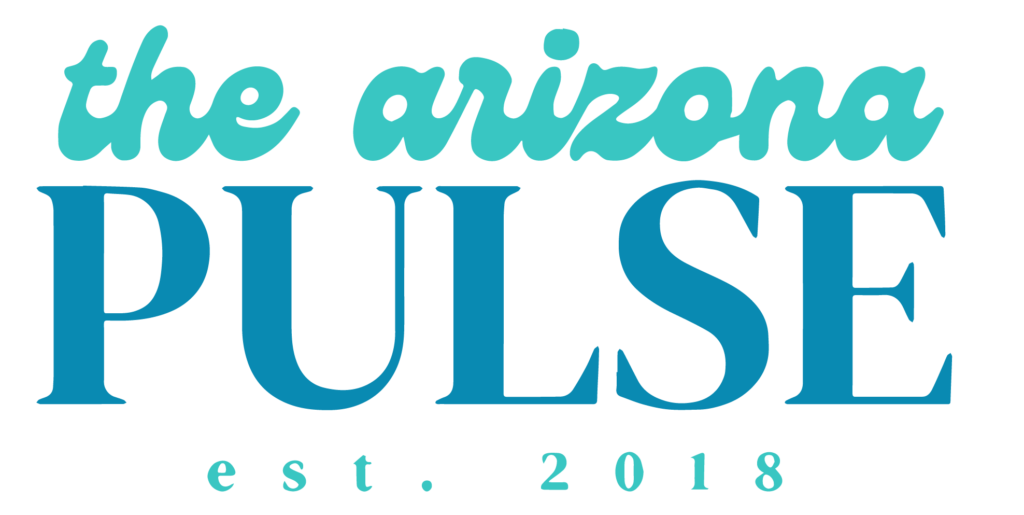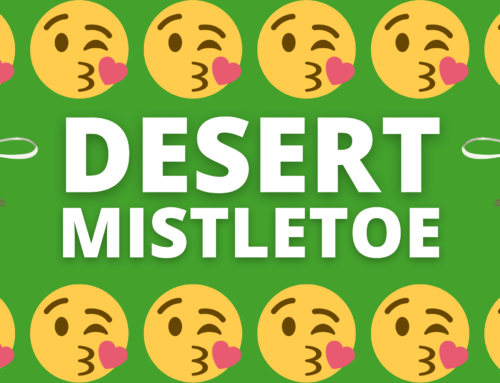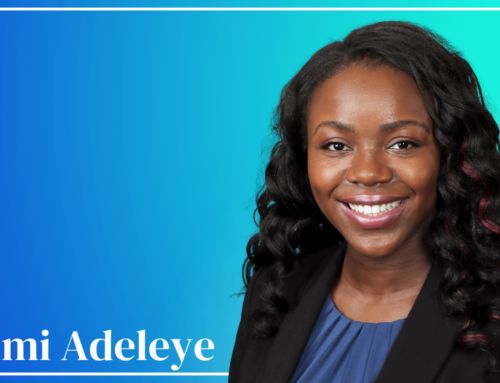As you might imagine, there are many factors to consider when making a decision about whether your business should buy or lease real estate. There is no one-size-fits-all.
 The first thing to consider is the cost of each alternative. The ensemble has developed economic models to assist our clients in these assessments so we can compare outcomes with lease versus buy options, thereby arming our clients to make the best decision. Of course, there are other variables to consider.
The first thing to consider is the cost of each alternative. The ensemble has developed economic models to assist our clients in these assessments so we can compare outcomes with lease versus buy options, thereby arming our clients to make the best decision. Of course, there are other variables to consider.
Leasing
Flexibility
Leasing offers greater flexibility than owning, so if you are unsure if your business is going to expand or contract in the coming years, this option may be your best bet.
Costs
There are not many hidden costs with leasing since your lease dictates what your costs will be and most high-ticket capital items fall to the Landlord.
Market Fluctuations
When leasing you are always riding the market. Significant increases in market rents could expose you to rent increases at the time of renewal. Conversely, tenants can benefit when markets experience declining rents and increased vacancy. Landlords tend to be far more generous with lower rents and incentives to keep tenants.
Owning
Are you landlord material?
Although leasing offers more flexibility in your short-term future, owning lets you control your own destiny while potentially building wealth.
 Risk
Risk
Owning involves risk. When looking at ownership options you need to make some assumptions (i.e. guesstimates).
- What is the total investment, now and throughout the ownership cycle? Those high-ticket capital costs that fall under the Landlord when leasing are your responsibility now.
- Should you take on excess space for future expansion? Can you afford to carry the vacancy cost or pay for the leasing costs in order to secure an interim tenant?
- What will you sell the building for later – what is the exit strategy?
With “assumptions” comes risk so it is important to ask the right questions.
Market Fluctuations
While market downturns provide an advantage when leasing, it can significantly decrease the value of real estate that you own. However, even if appreciation doesn’t meet your projections, ownership might be more financially advantageous because low-interest rates and/or the tax benefits ownership provides could offset some market blips. Since those are based on an individual’s overall situation we always advise our clients to talk with their CPA.
Ideally with ownership, if you’re paying market rent to yourself and paying your expenses and mortgage out of that rent, you pocket the amount left over as your return. Then a few years down the road—market willing—the building appreciates in value and you sell it for a sizable profit.
To lease or to buy?
That is the question, and there’s no general rule-of-thumb for the answer. Except this: make sure you work with the right real estate advisor who has the tools and experience to help you make a decision you are confident in.
Learn more at www.ensemble.net





